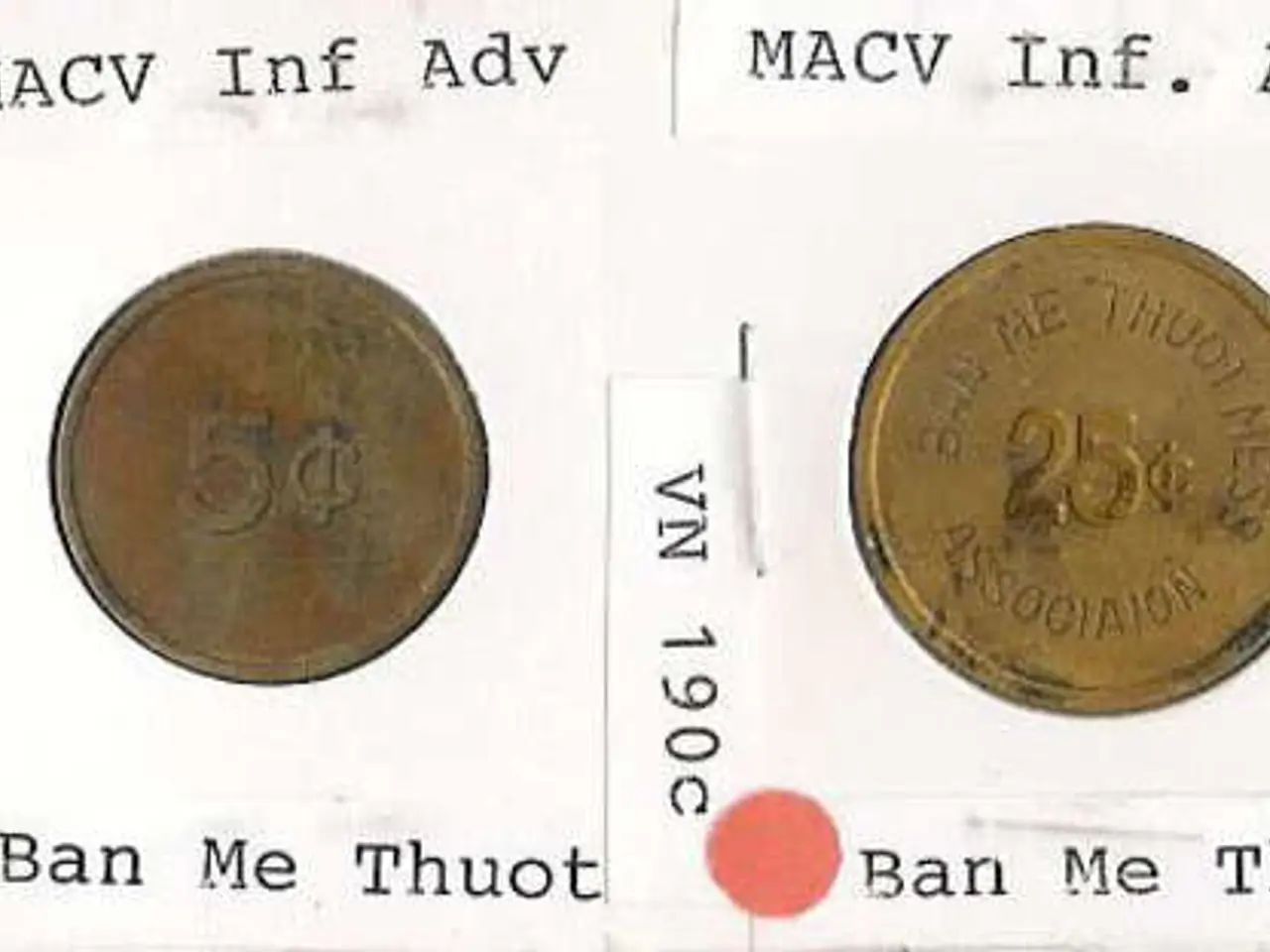Cryptocurrency Swindler from Arizona Admits Guilt in $13 Million Scam
In a shocking turn of events, Vincent Anthony Mazzotta Jr. and his co-defendant have been charged for orchestrating a large-scale crypto fraud in Arizona. The scheme, which used fake companies such as Mind Capital and Cloud9Capital, promised high-yield returns through AI-powered crypto trading bots. However, it was nothing more than a Ponzi scheme, using new investor funds to pay earlier "profits."
Mazzotta Jr. took the scheme to new heights by creating a fake government agency called the Federal Crypto Reserve (FCR). This agency was used to deceive victims into paying additional fees under the pretense of recovering lost funds, thus perpetuating the fraud.
The scheme exploited victims’ trust with aggressive online marketing, presenting themselves as crypto trading experts. They used sophisticated methods to launder money, including digital asset mixing, wallet layering, and rapid transfers to obscure stolen funds. Some proceeds funded luxuries such as private jets and high-end real estate.
Mazzotta Jr. pleaded guilty to money laundering and conspiracy to obstruct justice. He faces a maximum of 10 years in prison for money laundering and an additional five years for conspiring to obstruct justice. Sentencing for Mazzotta Jr. has not yet been scheduled.
U.S. Attorney Bill Essayli warned that fraudsters often use the "relative novelty" of crypto assets to trick victims into handing over their money. This case serves as a stark reminder of the risks associated with unregulated digital currencies and the importance of due diligence when investing.
The case also highlights new patterns of crypto fraud combining technology-enabled scams and secondary victimization through fake recovery services. Mazzotta Jr. destroyed evidence in Saffron's apartment after Saffron's arrest, but Prosecutors did not mention any connection between the 7Bit Casino and the case involving Mazzotta Jr. and Saffron.
In summary, the fraud combined: - Fake companies offering AI-based trading bots with false promises of large returns, - A Ponzi structure using new investments to pay earlier investors, - A counterfeit “Federal Crypto Reserve” to extract more money from victims, - Sophisticated laundering tactics to conceal stolen funds, - And personal luxury spending of illicit proceeds by perpetrators.
As the investigation continues, it is crucial for investors to be vigilant and cautious when investing in digital currencies. The promise of high returns should always be met with a healthy dose of scepticism.
- This incident showcases a blend of technology and finance, with Mazzotta Jr. utilizing technology to create a fake Federal Crypto Reserve (FCR) as part of a larger crypto fraud scheme.
- The general public needs to be aware of the intersection of crime-and-justice and technology, as seen in the deceptive tactics employed by Mazzotta Jr. to launder money and trick victims, exploiting unregulated digital currencies.




